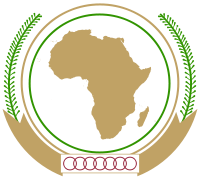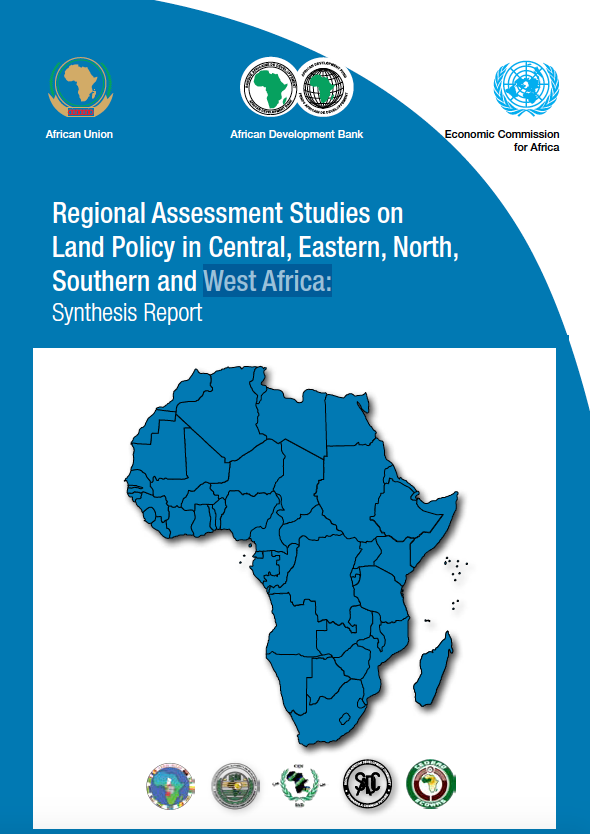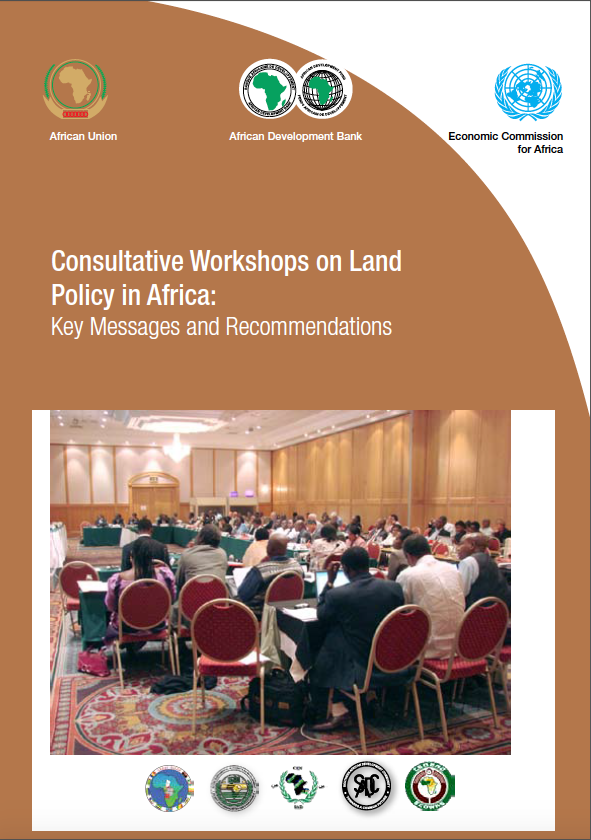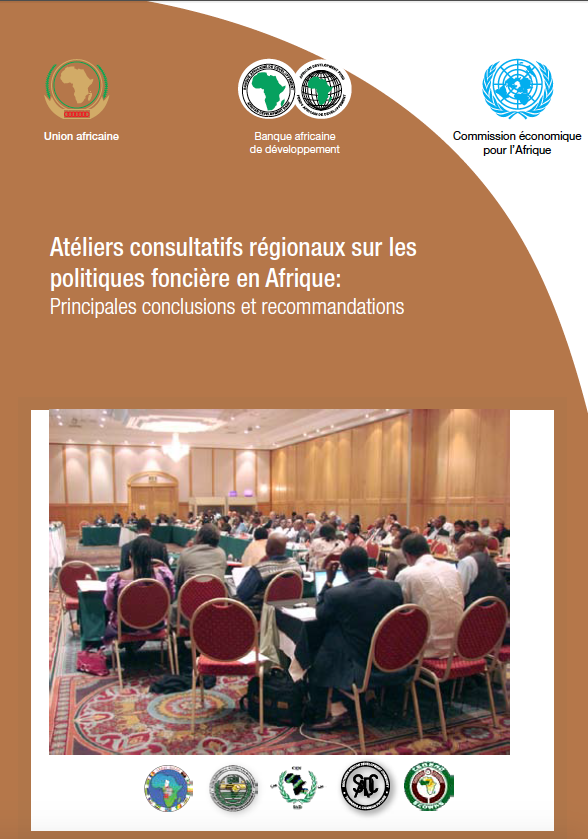On 9.9.1999, the Heads of State and Government of the Organisation of African Unity issued a Declaration (the Sirte Declaration) calling for the establishment of an African Union, with a view, inter alia, to accelerating the process of integration in the continent to enable it play its rightful role in the global economy while addressing multifaceted social, economic and political problems compounded as they are by certain negative aspects of globalisation.
The main objectives of the OAU were, inter alia, to rid the continent of the remaining vestiges of colonization and apartheid; to promote unity and solidarity among African States; to coordinate and intensify cooperation for development; to safeguard the sovereignty and territorial integrity of Member States and to promote international cooperation within the framework of the United Nations.
Indeed, as a continental organization the OAU provided an effective forum that enabled all Member States to adopt coordinated positions on matters of common concern to the continent in international fora and defend the interests of Africa effectively.
Through the OAU Coordinating Committee for the Liberation of Africa, the Continent worked and spoke as one with undivided determination in forging an international consensus in support of the liberation struggle and the fight against apartheid.
Members:
Resources
Displaying 41 - 45 of 66Regional Assessment Studies on Land Policy in Central, Eastern, North, Southern and West Africa: Synthesis Report
This Synthesis Report is a synopsis of the outcomes of the regional assessment reports, which were based on studies and subsequent consultations in five regions of Africa. These reports show that some land related issues are common to all regions in the continent while others are region specific. Issues common to the whole continent are those related to: state sovereignty over land; legal pluralism; gender biases in access to land; land tenure security; and land and conflicts.
Consultative Workshops on Land Policy in Africa: Key Messages and Recommendations
Land issues are causing increasing concern to governments, the private sector, farmers’ organizations and civil society organizations in Central Africa, and the same applies for development partners working in this region.
Atéliers consultatifs régionaux sur les politiques foncière en Afrique: Principales conclusions et recommandations
Les questions foncières constituent des préoccupations croissantes pour les gouvernements, le secteur privé, les organisations paysannes et la société civile en Afrique centrale. Il en est de même pour les partenaires au développement intervenant dans cette région.
Regional assessment studies on land policy in central eastern, north, southern and west Africa : synthesis report
This workshop took place from 27 to 29 March 2006. The discussions were informed by an issues/discussion paper. The meeting brought together representatives from African governments, regional economic communities, and civil society including farmers’ organizations, African private sector, centres of excellence and development partners.
Land policy in Africa: North Africa regional assessment
The countries in North Africa share an arid and semi-arid environment with high diversity: mountainous areas run alongside maritime areas and desert. Currently, urban dwellers in North Africa represent more than 50% of the population and are expected to be more than 60% by 2030. However, the urban system in North Africa is suffering urban primacy. The region is well known for its endowment in mineral deposits such as oil and gas. However, it is also known for being one of the poorest regions in the world in water resources.





